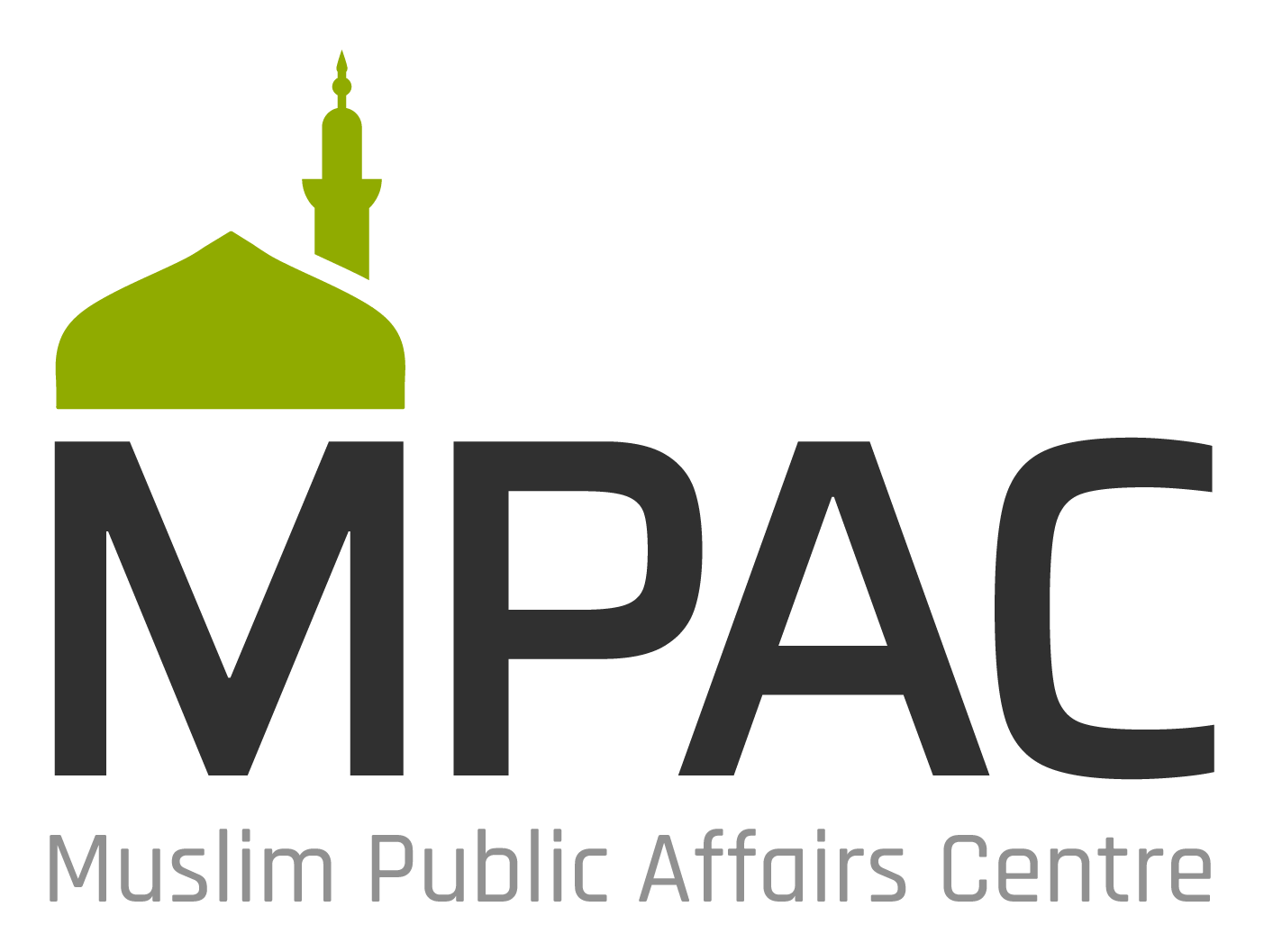In Ramadan, when we work hard to seek God’s love and closeness, we often focus exclusively on acts of worship: Reading more Quran, praying our Taraweeh regularly, giving more in charity, and paying our Zakat. While these are necessary, we should not neglect the internal state of our heart, as well as how we treat our families, friends, neighbours and colleagues, in this regard. This is where mercy and forgiveness come in.
Prophet Muhammad, peace and blessings be upon him, said, “The gates of Paradise will be opened on Mondays and Thursdays, and every servant who associates nothing with Allah will be forgiven, except for the man who has a grudge against his brother. it will be said: Delay these two until they are reconciled; delay these two until they are reconciled. [Muslim, Malik and Abu Dawud].
Apart from spiritual benefits, studies confirm that forgiving others positively affects our mental and physical health. It also pushes us to superhuman good deeds.
During his bitter experience in Taif, after he lost his beloved uncle and wife, Prophet Muhammad (SAW) was then rudely insulted by the city leaders and pelted with stones by the tribe members. Bruised and rejected, with his blood clotting as it leaked onto his sandals, he made the following du’a:
“To You, my Lord,
Everything is powerless without your support.”
As can be seen in this du’a, the Prophet (SAW) did not seek vengeance, even as this path was made available to him. Taif today is one of the major Islamic cities in Saudi Arabia, producing some of the well known scholars there.
After experiencing horrific persecution in Makkah and the migration of the Muslim community to Madinah, the Muslims concluded a treaty with the Quraysh. Within just two years, the Quraysh not only violated the treaty by secretly supporting Banu Bakr to fight Banu Khuza’ah, but they also participated in killing 20 Muslims amongst them, including a person who fled and sought refuge in the sacred area around the Ka‘bah. The sanctity of the House of Allah had been violated, and the treaty broken. When the news of this reached the Prophet (saw), he demanded the Quraysh to pay the blood money for Banu Khuza’ah and terminate their alliance with Banu Bakr, otherwise the treaty would become null and void. They refused these terms but still sent Abu Sufyan to Madinah to negotiate, but he was turned away.
Aishah (RA) narrated that she had never seen the Prophet (SAW) angrier than when he heard the news of the atrocities that had taken place in front of the Ka’bah. Subsequently, the Muslim army set out on 10th Ramadan in the year 8 AH to conquer Makkah and were joined by many other tribes new to Islam. Their numbers reached 10,000 by the time they reached Makkah. When the Prophet (saw) marched into Makkah, he repeatedly recited this verse from Surah al-Isra:
“Truth has come, and falsehood has departed. Indeed is falsehood, [by nature], ever bound to depart.” Qur’an 17:81
He also declared an end to the tribalism and racism that had been rampant before Islam:
‘O people, Allah has removed the slogans of ignorance from you and the exaltation of its forefathers. The people are only two kinds: either a righteous, Godfearing believer dignified to Allah, or a wicked, miserable sinner insignificant to Allah. The people are all the children of Adam and Adam was created from dust.’ [Tirmidhi]
Makkah was conquered without any bloodshed by an army of 10,000 believers led by the Prophet Muhammad (SAW) on the 20th of Ramadan in the year 8 AH. After the Fath Makkah (Conquest of Makkah), the Quraysh knew they were, quite literally, at the mercy of Prophet Muhammad (SAW), and expected revenge on them for the years of persecution and killings they had mercilessly inflicted on his household and community. The Prophet (SAW) addressed this very people who had oppressed and slandered him. He asked them what they thought he would do with them, to which they replied, ‘You are our noble brother, son of our noble brother! We expect nothing but goodness from you.’
The Prophet (SAW) said, ‘I say to you as Yusuf (Joseph) said to his brothers, “No blame upon you today. Allah will forgive you, for He is the Most Merciful of the merciful.”’ [The Noble Qur’an, 12:92]
Ramadan is often known as a month of victories because of the numerous conquests that have taken place within it. These include the victory at Badr, the liberation of Jerusalem from the Crusaders by Salahuddin Ayyubi and the Mamluks’ victory over the Mongols in ’Ain Jalut, which took place in the blessed land of Palestine. Like the conquest of Makkah, they have all become symbols of hope, inspiring generations of Muslims.
Be ready to forgive this Ramadan, for life is a constant test. Remember what the Qur’an says in this verse:
“…And We have made some of you as a trial for others – will you have patience? And ever is your Lord, Seeing.” [Qur’an 25:20].
Also, the reality is that people are not perfect, and everyone is constantly growing. The question is, how do they grow? They mature through mistakes and experiences in life, which involves other people.
